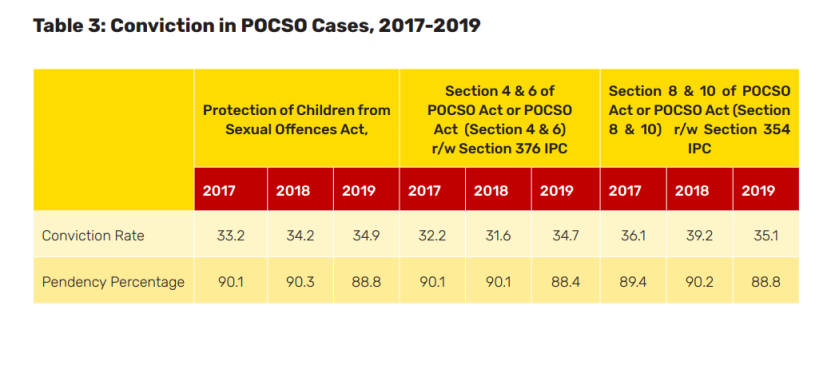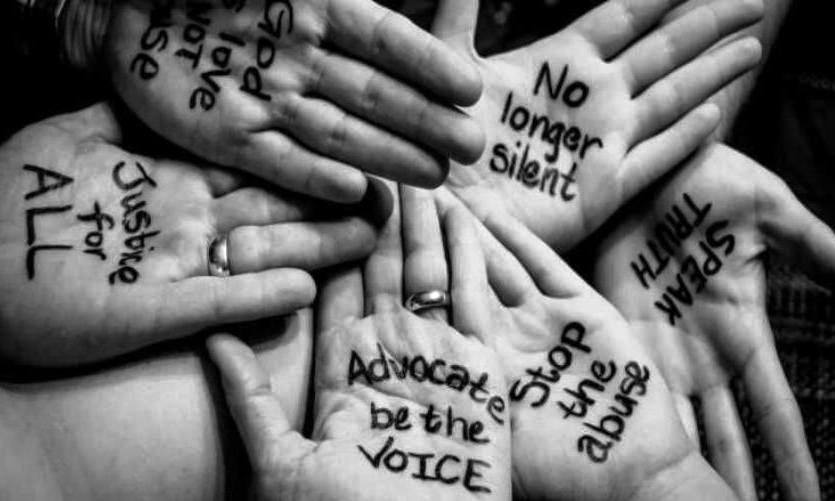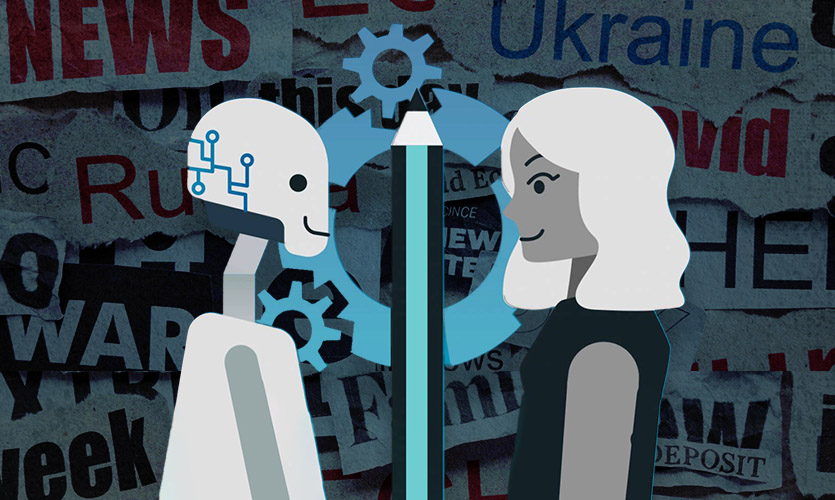India has the best legal framework to protect children from sexual abuse but awareness about existing laws needs to increase among children, their parents and also caretakers.
India has accomplished much to protect children from sexual abuse but much still needs to be done to ensure that children, the future of our country are safe from being subjected to sexual violence, assault and abuse.
It’s been ten years since the Protection of Children from Sexual Offences (POCSO) Act was passed in May 2012. It has been rated as having the best legal framework to protect children from sexual abuse according to a study conducted by Economist Intelligence Unit in 2019 of 60 countries. India’s POCSO Act was rated better than laws of Sweden, Australia and United Kingdom among others to protect children from sexual abuse. The POCSO Act takes into account all kinds of sexual abuse, physical, contact, non-contact, verbal and also via the internet and so can be effective in tackling the massive problem of sexual abuse of children.
Cases registered under POCSO Act show an alarming rise
If one looks at the number of cases registered under the POCSO Act, since it was implemented, one sees a steady rise and this is just the tip of the ice-berg so to speak because non-governmental organisations estimates and studies have shown the hardly six to eight percent of the cases are registered with the police. There is a culture of silence which prevails when it comes to speaking out about sexual crimes against children. So the number of cases registered is just an indication of the magnitude of the problem.
If one looks at the number of cases registered one can see that there is a steady and alarming rise in the number of cases registered under POCSO Act
| Year | 2014 | 2015 | 2016 | 2017 | 2018 | 2019 | 2020 |
| No. of cases registered | 34449 | 34505 | 36022 | 32608 | 39827 | 47335 | 47221 |
There has been a 45 percent increase in cases registered from 2017 to 2020. An argument can be made that the increase is due to the increase in awareness about the POCSO Act but studies have actually shown that there is hardly any awareness among children and their parents about the POCSO Act and the rights of children.
Lack of awareness of POCSO Act
There is almost no awareness of POCSO Act in Bihar and even in Gujarat very few people are aware of the act and the protection it provides to children. Even in states like Tamil Nadu hardly 13.7 percent of children were aware of this path breaking act. A study conducted by World Vision India in 2020 which was released on August 31, 2020 found that as little as 0.67 percent children in Bihar and 5.33 percent children in Gujarat were aware of the POCSO Act. The study titled, ‘Child Sexual Abuse in India- Awareness and Attitudes’ was conducted with a sample size of 4500 children and 4500 caregivers and parents. Also, 75 Child Protection Officers were part of the study which was conducted in 15 states, three each in North, South, East, West and North-East regions of India.
Overall, 35 percent children and 32.13 percent of caregivers were aware of POCSO Act. Other states with low awareness levels were Maharastra at 11.33 percent among children and Chhattisgarh with 10.33 percent awareness among caregivers.
In Gujarat, 10 percent caregivers and in Bihar 1.33 percent caregivers were aware of the act. It should be noted that World Vision India conducted the study in the areas where they are working.
Supreme Court and even Gujarat High Court have repeatedly told the central and state governments to create awareness of the act so that children can know their right and can seek protection through its provisions.
Read More: Women Empowerment Indicators Show Marked Improvement In NFHS 5
To address this situation in March 2020 the Government of India framed some additional the rules of POCSO Act which emphasised about creating awareness through all forms of media and through hoardings in public places like bus stops, railway stations, hospitals, airports and also community centres. Also, the rules stated that personal safety education should be part of the educational curriculum of school children. Additionally, the rules provide that awareness should be created about POCSO Act and gender equality.
However, due to the Covid 19 pandemic in the country since the rules were framed, these measures have not been implemented as yet in the states. But hopefully, these awareness drives will be undertaken soon by various states and personal safety and gender equity becomes a part of education curriculum of schools.
Pendency of cases in court a concern
One cause of concern has been the huge number of cases pending in the courts. The law stipulates that cases once registered should be investigated and dealt with in the court in one year but huge number of pendency is seen in the courts. The total number of cases pending in courts by June 30, 2019 was 1,60,828 and the number keeps rising each year as the number of cases being registered are on the rise each year.

Aware of this problem the government has planned to set up 1023 Fast Track Courts (FTC). As per a response of an application under Right to Information (RTI) Act on February 19, 2021 as many as 612 FTCs were already functioning.
As far as conviction goes, the percentage of conviction has been between 30-40 percent. It is pertinent to note that Madhya Pradesh, Maharastra, Delhi, Haryana and Uttar Pradesh account for over 51 percent of the all cases registered in India.
Lack of counseling cause for concern
An area which need massive support from the government and all available agencies is making counseling available for survivors of Child Sexual Abuse (CSA). Every child who is a survivor of sexual abuse needs good counseling consistently for around three to five years but that is not available as there is on focus in this area. But it should be a priority since the after effects of CSA can last a lifetime if not dealt with and it can have devastating effect even as adult for survivors.
The law provides that counseling should be provided in the rules which the central government framed in March 2020. However, no specifications have been given as to how much counseling should be provided to survivors, who should arrange for the counseling and who will pay for it. It should be kept in mind that there are just not enough counselors in the country to give counseling to all survivors of sexual abuse.
Love relationships of youth also get accused under POCSO Act
One cause for concern is that the act doesn’t differentiate been an abuser and someone who is in a romantic relationship with a minor. So if a 17-year-old girl has a sexual relationship with an 18-year-old boy, the boy will be and often is accused of rape under POCSO Act.
This is a cause for concern for many and civil society groups have been saying that the law should exempt young people exploring their sexuality and love relationships.
It should be noted that though the law is against child marriages yet if parents get their minor daughters aged between 15 and 18 married and if the girl doesn’t complain against it, the marriage and therefore sexual relationship is perfectly legal as per the law in the country.
Many cases of parents filing for rape of their daughters have come to light where the girls are minors but adolescent. Many of these parents are against their daughter choosing their own partners but are quite open to marry their minor daughters off to a person of their own choice. So the law actually bars a 16-17 year-old girl to have agency to choose her life partner but her parents can get her married without much problems. This is lacuna in the law which hasn’t yet been addressed.
Conclusion
So though we can be secure in the knowledge that we have a great legal framework to protect children from sexual abuse but creating awareness of the law is crucial to make it effective. Also, pendency in courts is a bottle neck which must be addressed as delayed justice often leaves room for more such crimes to be committed.
Also, the conviction rate should improve and victims should have access to proper and long term counseling so that they don’t have to deal with the after effects of sexual abuse which can last a lifetime and destroy the life of a children, who are our future.










